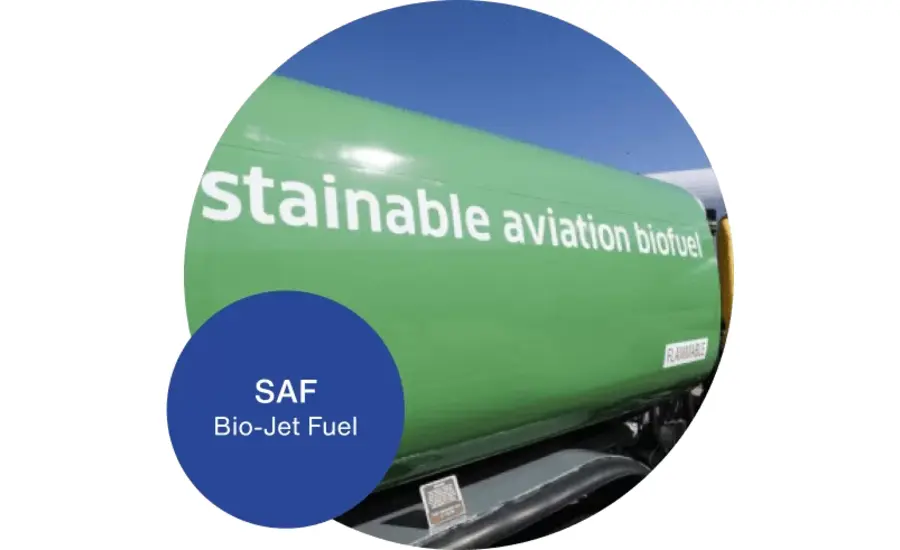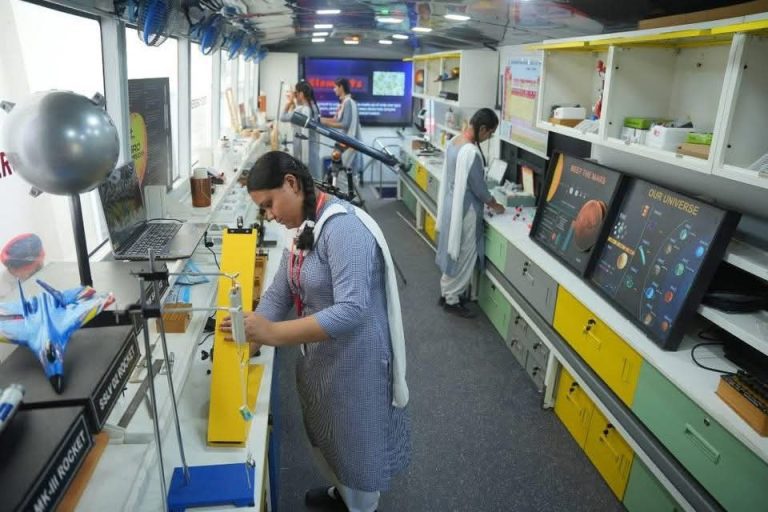New Delhi: India possesses a significant but largely untapped supply of bio-feedstock—including used cooking oil (UCO), crop residues, and innovative bioenergy crops like sweet sorghum—that could dramatically boost the production of sustainable aviation fuel (SAF), according to a report unveiled at the India SAF Conclave 2025 on Monday. However, inefficiencies in collection and supply chain management continue to hold back the country’s full potential.
The report, titled “A Roadmap for Scaling Sustainable Aviation Fuel in India” and prepared by Deloitte in collaboration with the SAF Association, highlights that streamlining these supply chains could not only help India meet its domestic aviation decarbonization targets but also establish the country as a leading SAF exporter to global markets.
Used Cooking Oil: A Valuable Yet Wasted Resource
India generates approximately 2.4 million tonnes of used cooking oil annually, but the report points out that nearly 60% of it is improperly recycled back into the food system, despite clear disposal regulations. Most UCO comes from commercial kitchens (65%), while the rest is scattered across households. The report recommends creating structured collection systems with strict quality control and traceability to consolidate this fragmented resource into viable volumes necessary for expanding Hydroprocessed Esters and Fatty Acids (HEFA)—the most mature SAF production pathway.
Crop Residue: From Environmental Hazard to Clean Fuel Source
Each year, millions of tonnes of crop residue, primarily paddy straw, are burned across northern India, causing severe pollution and health issues. In 2021 alone, around 13 million tonnes were burnt in states like Punjab, Haryana, and Uttar Pradesh. The report suggests that organized biomass marketplaces and aggregation mechanisms could turn this waste into a reliable feedstock for SAF production, while also mitigating air pollution.
Pilot projects in Haryana have already shown success, with a 54% reduction in stubble burning across 666 villages when residue collection was linked to industry demand.
Sweet Sorghum: An Efficient Crop for Sustainable Fuel
The report also highlights sweet sorghum as a promising alternative ethanol crop to support Alcohol-to-Jet (AtJ) SAF production. Though it yields slightly less ethanol compared to sugarcane, its water efficiency—using five times less water—and shorter growing cycle of four months make it highly suitable for semi-arid regions, offering a more sustainable and climate-resilient feedstock option.
Unlocking Export Potential Through Supply Chain Reforms
Currently, India’s fragmented and seasonal feedstock supply chains discourage large-scale SAF investments. The report argues that formalizing collection systems—such as UCO recovery and stubble-to-fuel initiatives—combined with encouraging cultivation of water-efficient crops like sweet sorghum, will provide a steady, low-carbon feedstock supply.
With India already exporting nearly half of its Aviation Turbine Fuel (ATF), the report forecasts that increased SAF production could make the country a competitive exporter to global aviation hubs such as Dubai and Amsterdam, where SAF mandates are becoming increasingly stringent.
“India has a vast raw material base to become a global SAF leader,” the report concludes. “The key is to formalize and integrate supply chains connecting farmers, households, and waste generators with fuel producers.”
Read also: India Eyes SAF Export Potential with 750 MT Biomass, Targets 5% Blending by 2030































